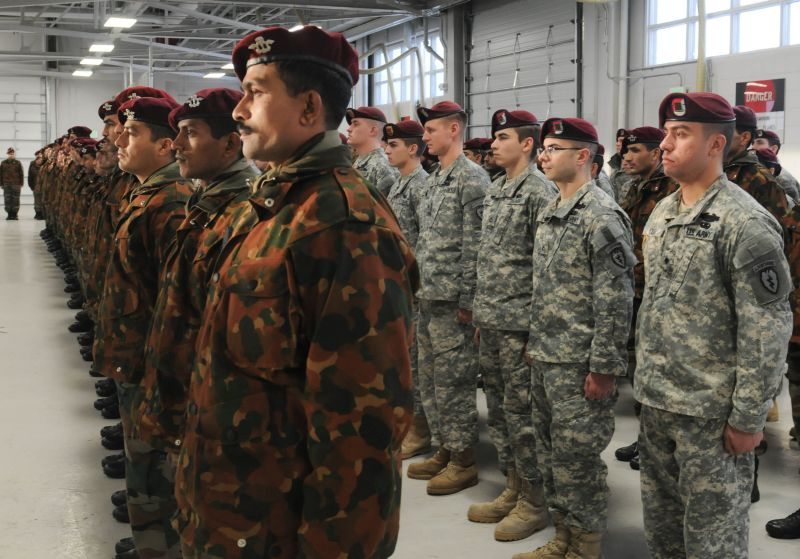The relationship between the United States and India – what President Obama has called one of the defining partnerships of the 21st century – is a priority for the U.S. Government and for the U.S. Department of Defense. The United States and India are natural partners, destined to be closer because of shared interests and values and our mutual desire for a stable and secure world.
A strong bilateral partnership is in U.S. interests and benefits both countries. We expect India’s importance to U.S. interests to grow in the long-run as India, a major regional and emerging global power, increasingly assumes roles commensurate with its position as a stakeholder and a leader in the international system.
Current State of U.S.-India Security Cooperation
Over the past decade, there has been a rapid transformation in the U.S.-India defense relationship. What was once a nascent relationship between unfamiliar nations has now evolved into a strategic partnership between two of the preeminent security powers in Asia. Today, U.S.- India defense ties are strong and growing. Our defense relationship involves a robust slate of dialogues, military exercises, defense trade, personnel exchanges, and armaments cooperation. Our efforts over the past ten years have focused on relationship-building and establishing the foundation for a long-term partnership. The strong ties between our two militaries reflect this. The United States remains committed to a broad defense trade relationship that enables transfers of some of our most advanced technologies.
Frameworks for Cooperation
The 2005 New Framework Agreement provides the overarching structure for the U.S.-India defense relationship. The Defense Policy Group (DPG), chaired by the U.S. Under Secretary of Defense for Policy and the Indian Defense Secretary, is at the apex of the bilateral defense relationship. In addition to facilitating dialogue on issues of mutual interest, the DPG sets priorities for defense cooperation, reviews progress annually, and directs adjustments as necessary. The 2011 DPG prioritized maritime security, humanitarian assistance/disaster relief (HA/DR), and counterterrorism cooperation. Under the DPG umbrella, we have seven subgroups to discuss and advance defense trade, service-to-service cooperation, technical cooperation, and technology security.
Additional framework agreements help guide interactions in key areas such as maritime security and counterterrorism. The 2006 Indo-U.S. Framework for Maritime Security Cooperation signaled our intent to cooperate against a wide range of maritime threats, including: transnational crime (piracy, smuggling, and trafficking); maritime proliferation of weapons of mass destruction; threats to safety of ships, crew, and property (safety of navigation, search and rescue); environmental degradation; and natural disasters. The U.S.-India Counterterrorism Cooperation Initiative (CCI), signed on July 23, 2010, further calls on our countries’ coast guards and navies to increase exchanges on maritime security and cooperate in addressing maritime threats like piracy and terrorism.
[Download not found]










